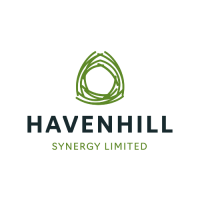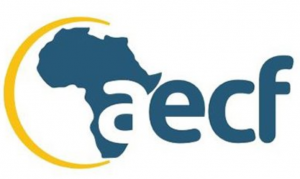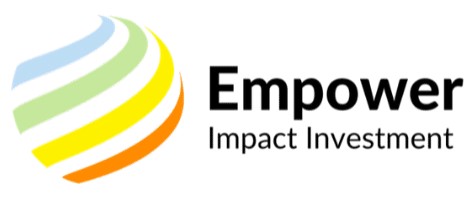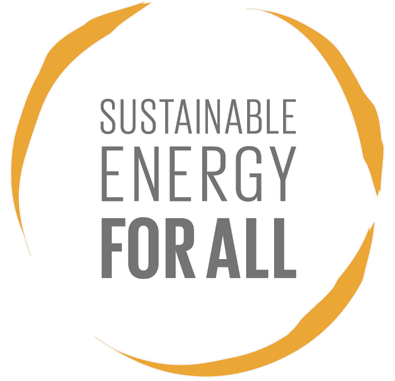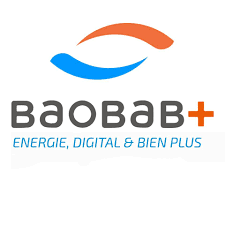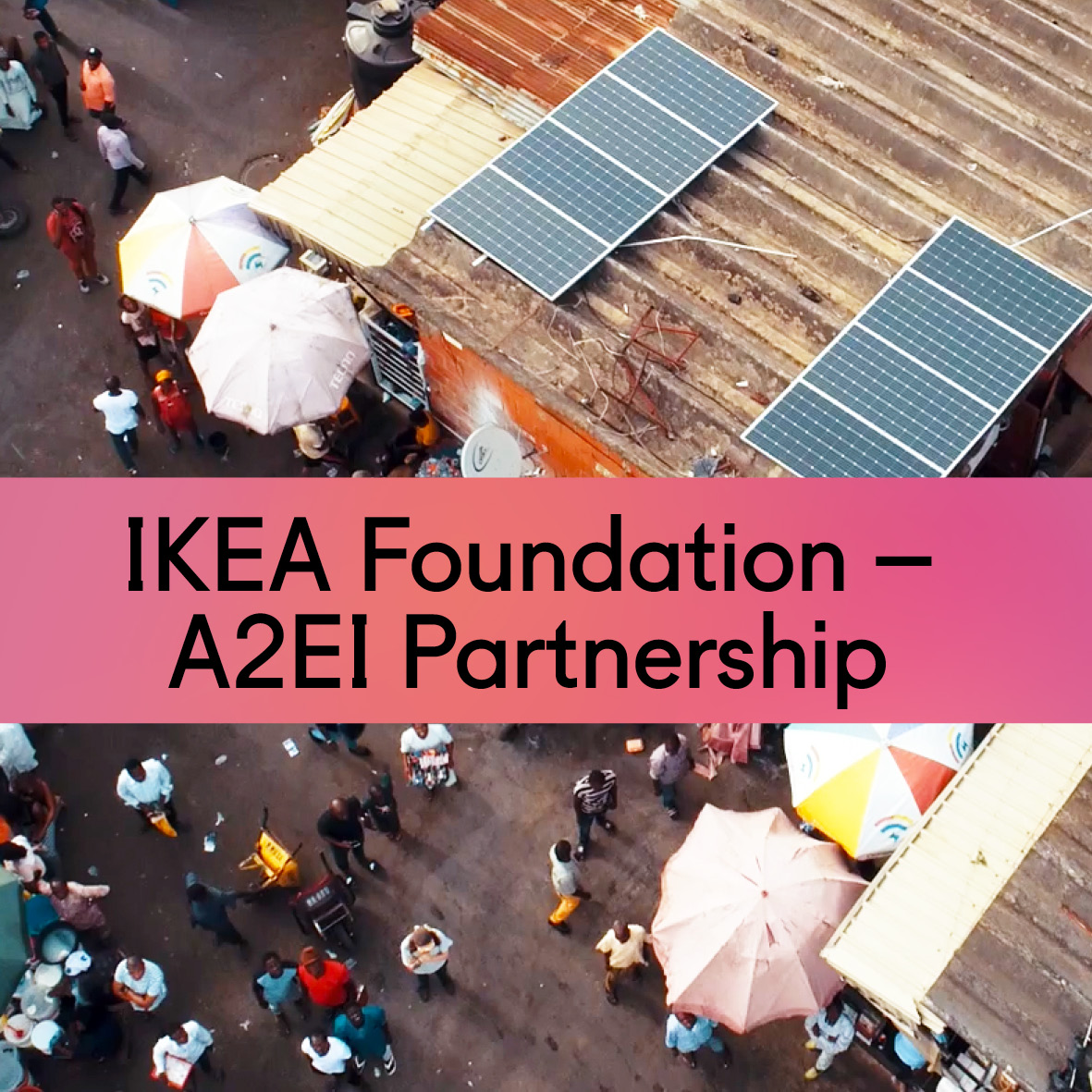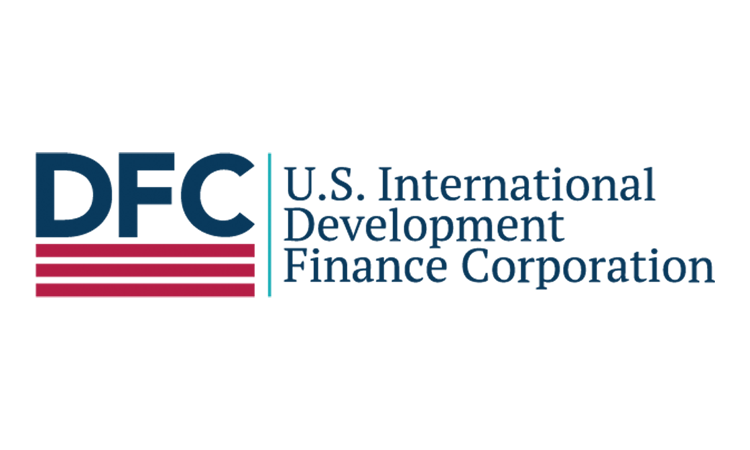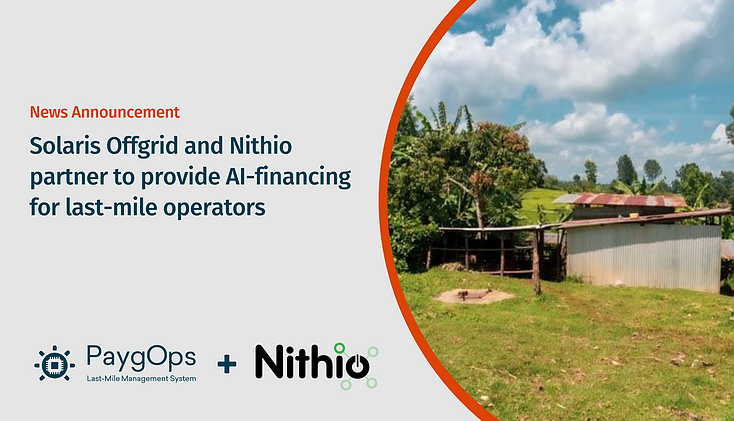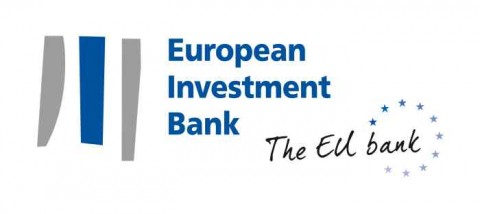9 March 2021: As part of its strategic focus on energy access and clean energy for Nigerians, Chapel Hill Denham Nigeria Infrastructure Debt Fund (NIDF), the first listed infrastructure debt fund in Nigeria and Africa, has announced the successful financial close for the construction of 22 mini-grids being developed by Havenhill Synergy Limited (Havenhill) under the Nigeria Electrification Project.
With this development, NIDF will provide Havenhill long-term financing of N1.8 billion (c. $4.6 million) to part-finance the roll out of these mini-grids, that would connect 70,000 people along with other establishments in the host communities to clean, reliable energy supply.
Recent data obtained from National Bureau of Statistics revealed that access to reliable electricity in Nigeria is relatively low with a rural electrification rate still hovering around 39%.
In 2019, the International Monetary Fund (IMF) also estimated that a lack of access to reliable electricity costs Nigeria an estimated US$29 billion a year.
The inability of the owners/operators of main electricity grid to connect rural communities and provide them with reliable power supply has further amplified the need for decentralised energy systems and other clean alternatives.
Havenhill is addressing these challenges by deploying smart solar mini-grids to commercially viable rural communities across the country.
Speaking on the completion of the groundbreaking deal, the CEO of NIDF, Anshul Rai, noted that it was quite fulfilling to note that NIDF is playing a significant role in improving energy access in Nigeria.
“NIDF prides itself in being the leader in financing of clean energy and energy access projects in Nigeria and thus contribute to the achievement of UN’s Sustainable Development Goals. In multiple projects such as Havenhill, our unitholders can see their capital in action and generating not only financial returns but also making a strong, positive impact on the daily lives of their fellow citizens”, Rai said.
He disclosed that financing of the project will be funded from the fund’s recently concluded Series-7 capital raise, which also involved the participation of African Development Bank (AfDB).
“With the support of AfDB, NIDF is also implementing a comprehensive Environmental & Social Management System for the fund and also supporting its borrowers adopt the international best practices in the area of environmental and social sustainability” he added.
On his part, Director – Energy Financial Solutions, Policy & Regulation, African Development Bank, Wale Shonibare, described the investment in the project as a welcome development that would assist in complementing its role to the sovereign loan offered to the Federal Government of Nigeria which is targeted at supporting the implementation of the Nigeria Electrification Project.
While expressing his satisfaction with the outcome, the CEO of Havenhill, Olusegun Odunaiya stated that it was quite exciting to have NIDF as a long-term partner for the mini-grids roll-out project.
According to Odunaiya, the NIDF team’s commercial savviness has enabled it to implement a highly innovative financing structure that fully addresses the peculiarities of the project and, therefore, ensure its long-term success.
“This milestone serves as a renewal of Havenhill’s commitment to powering Nigeria’s most remote communities and delivering last-mile electricity connections. These mini-grids will catalyse economic activities in host communities, serve healthcare facilities, and overall deliver a transformative multiplier effect. I appreciate the efforts and grit of our team in solving one of the most important problems in the world today”, he added.
###
About NIDF: The Chapel Hill Denham Nigeria Infrastructure Debt Fund (“NIDF” or “the Fund”) is the first listed infrastructure debt fund in Nigeria and Africa. NIDF is a close-ended fund, domiciled in Nigeria and denominated in Naira. The Fund is structured to enable investors access infrastructure asset class, while providing benefits of predictable returns available from long-dated infrastructure debt investments.
About Havenhill: Havenhill Synergy Limited (Havenhill) is a clean-tech utility company committed to improving energy access in rural and urban Nigeria using clean energy sources. In rural areas, Havenhill deploys smart solar mini-grids to commercially viable off-grid rural communities. In urban areas, Havenhill helps businesses (like factories, large farms etc) reduce their energy cost and provide them with more reliable energy access through its Commercial & Industrial (C&I) solar offering. Havenhill is currently pioneering a new structure for powering healthcare facilities through the electrification of 23 healthcare facilities under its Energizing Healthcare Initiative in partnership with USAIDs’ Power Africa Off-Grid Project (PAOP) and United States African Development Foundation (USADF).





